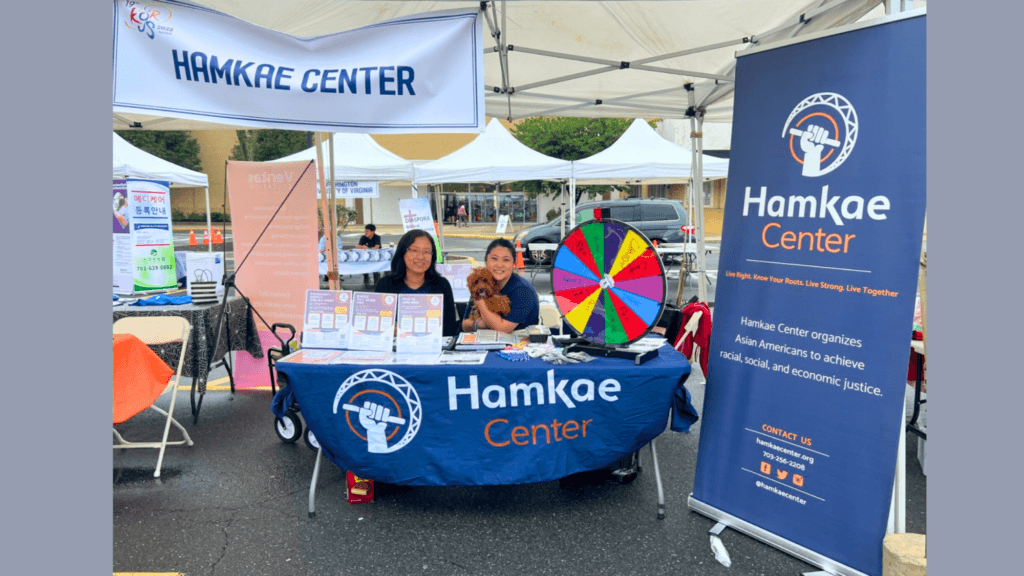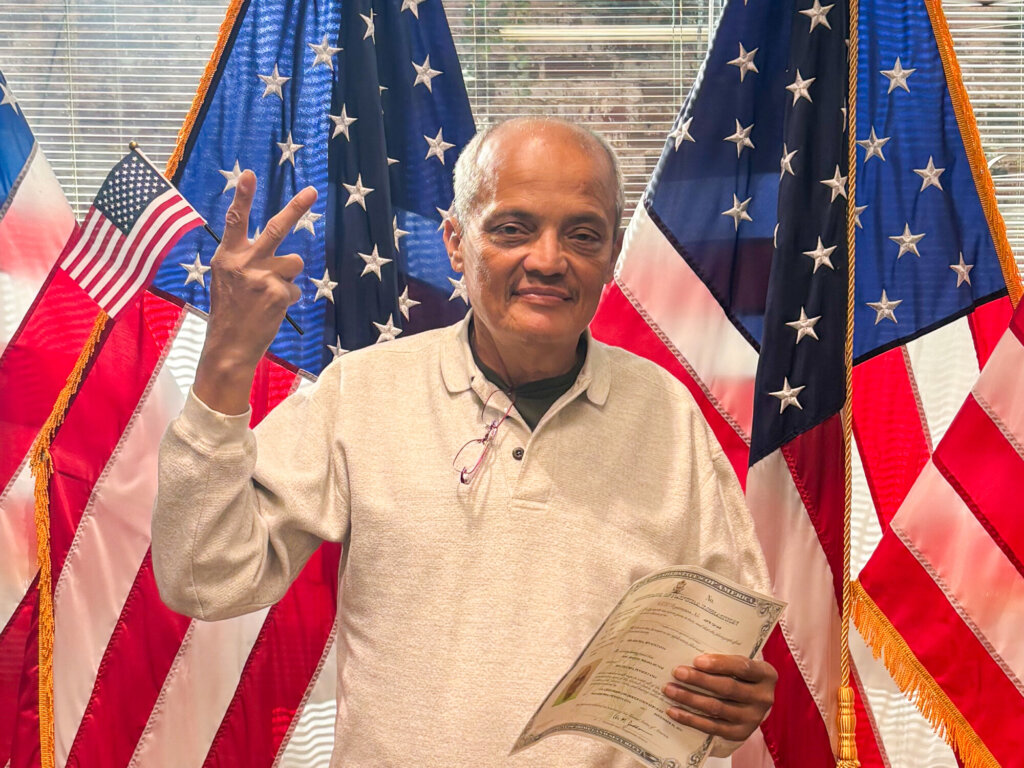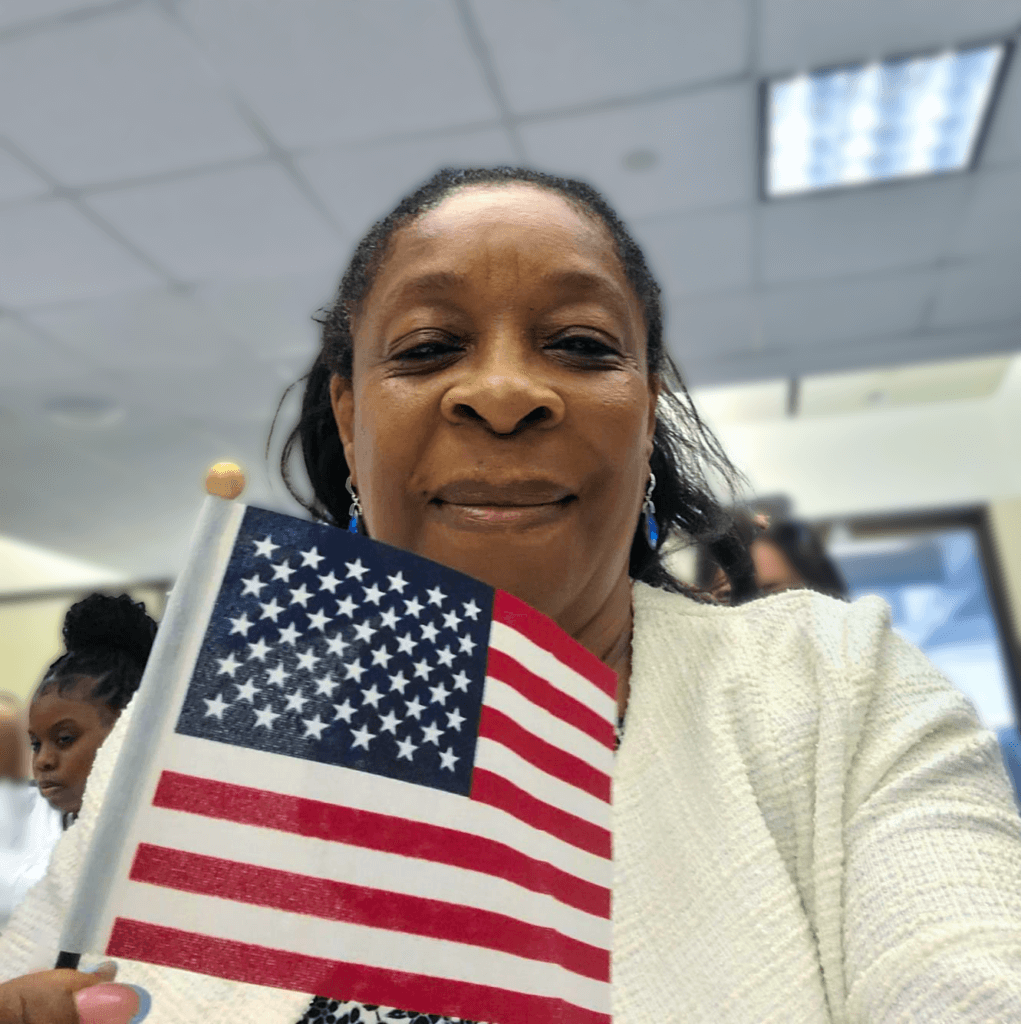Rev. Grace Mae Goodridge: I want to encourage other people who are having problems on this journey, to let them know to stick it out. You’ll get there!
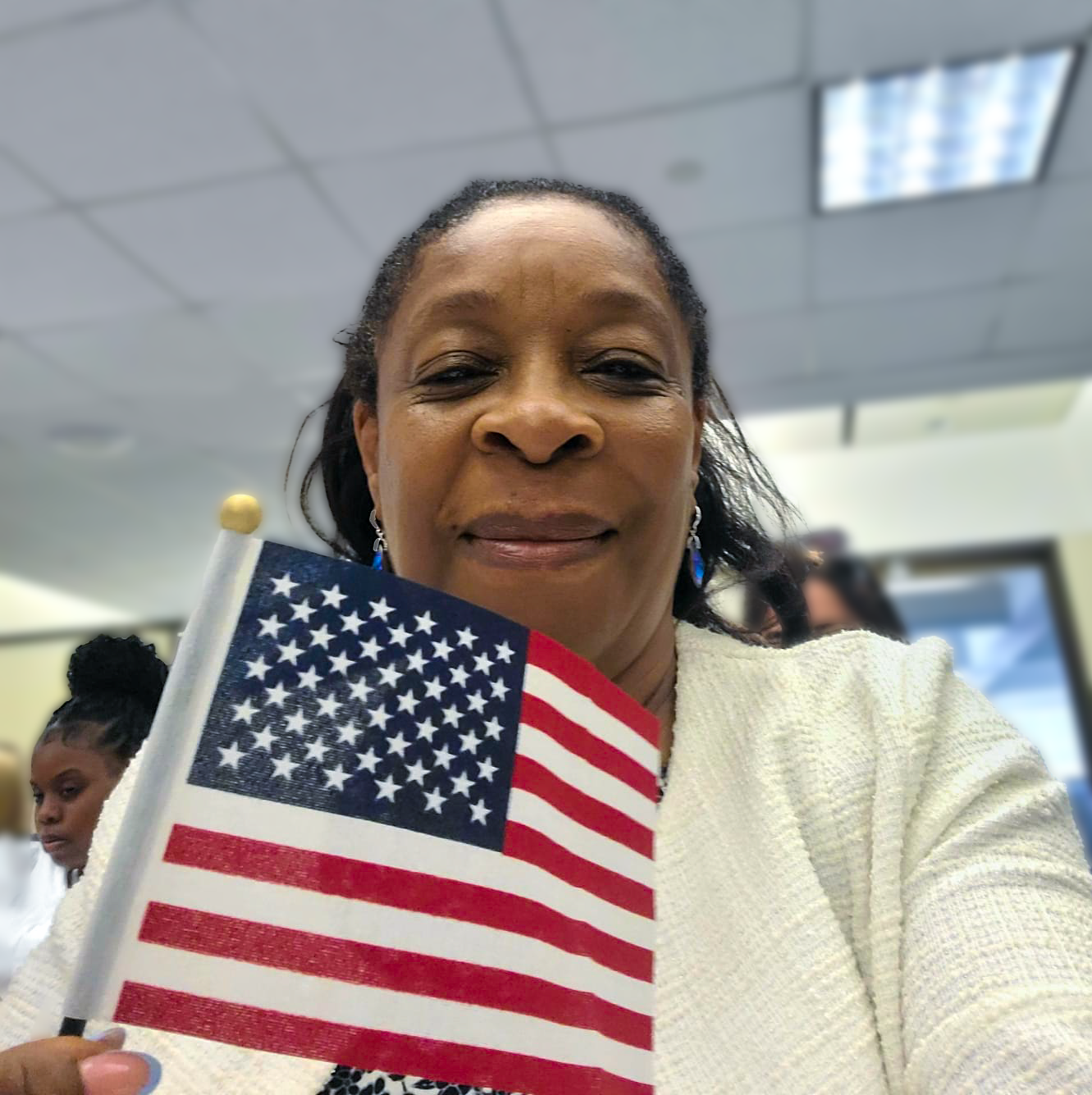
Explore More
My name is Grace Mae Goodridge. I was born into a Christian family on the very beautiful island of Jamaica. My parents relocated us to England when I was two years and nine months. I lived there until I was 48 years old. I was a manager in the probation service, and apart from my social work training, I worked with single Christians and a women’s ministry.
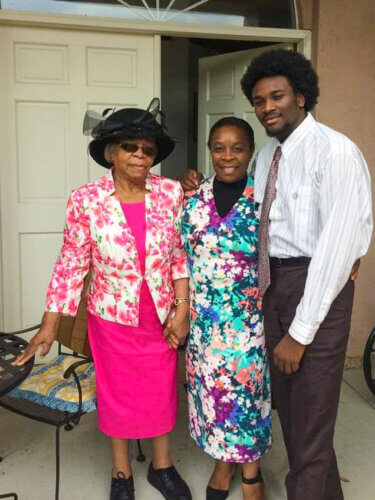
My grandmother and mother were both ministers in the Church of God. After they moved to the U.S., I went to see them in Florida. Once I was there, I felt very led to write something that related to single Christians, and I gave it to the pastor of the church that I was attending. It was a church with about 600 members, nearly half of whom were single.
The pastor called me the day before I was to go home and asked me to return to develop the singles ministry and family ministry work and filed for an R1 visa for me in 2007. That’s how I came to the U.S. with my 11-year-old son. I started the ministry and was granted a five-year religious worker visa. Toward the end of the five years, the pastor wanted me to stay and filed for a green card for me. While that was in motion, he split from the church and took away more than half the members. I got a phone call from him saying, “Please contact immigration and let them know that I’m not responsible for you.”
When the new pastor was asked to provide a letter to immigration to explain the circumstances, he refused to do so. It still hurts because my immigration lawyer spoke to the new pastor and said, “Grace has been working for the church for the last six years,” and the new pastor told him that I had no skills that the church could use.
I really didn’t know what to do. My son was in school. Did I just give up and go away? Did I try and fight? In the midst of all that, as we were going through my mother’s papers one day – my mother was an American citizen – we found an application for a green card that she had filed for my brothers and sisters, myself, and my father back in 1978 or 79. I never knew that my mother had filed this. We then found the original approved application, which we showed to our lawyer who said, “You can be grandfathered in on this.” I was shocked! So, our lawyer filed for a green card for me and my son.
One of the things that I found most difficult, is that the legal process cost me around $25,000. My son was 19 or 20 at the time and had to drop out of university because we didn’t have the money. He didn’t have citizenship, a green card, or anything. By this time, I was the full-time caretaker of my mother who had a stroke and was getting dementia. When I wasn’t able to work, it was really difficult.
I got my green card in 2019. Then we got the letter telling us that my son wasn’t eligible because I was approved as a teenager before he was born. The lawyer had not known that. So, we’d spent all this money on his application only to find that he wasn’t eligible.
Last December, I was coming up to five years with my green card, and I heard about the citizenship drive organized by the Florida Immigration Coalition. I filled out all the paperwork, and before I left for the drive, I spoke to my mom. She had started going downhill a few days before. She was no longer speaking, but I explained to her that I was going to file for citizenship and that my son and I would be okay. I believed that we would be all right.
Right from registering to turning up at the citizenship drive, it was hard to believe that people were volunteers and that they were helping you complete the form. And the lawyers, they were just fantastic. They told me that because I’d earned so little in the financial year before, I wouldn’t have to pay. I was already concerned about my son and Karlene Maxwell-Williams [Citizenship Coordinator, FLIC] said to me, “As soon as you have your citizenship, get your son’s green card application in straight away. You two need to get your lives back.” She really gave me such hope. Later, I sat with my mom and told her that we were going to be okay and that she could go. Exactly a week later she passed.
I got a letter acknowledging my application and saying that I didn’t have to pay, [I qualified for a fee waiver.] I didn’t have to do biometrics. I had an interview date for citizenship in April. My son coached me all the way through. I passed and did my swearing in on the 17th of May this year. I really loved the ceremony. We took pictures, we cried with other people who were crying. It’s been a struggle—a long, long journey. You sometimes see cartoons and there’s this big balloon over someone’s head that says, “SIGH!” That’s how I felt. I felt this was a big balloon that was just blown up over my head, saying “Thank God.”
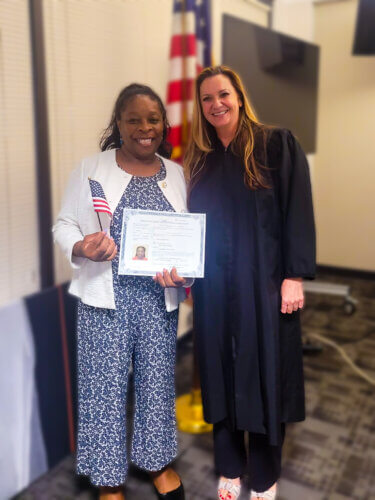
I think the hardest thing for me was that my son was there, but he wasn’t able to swear in with me. My biggest fear is that they’ll just sweep him up and deport him. I immediately filed for him. He’s 28. Seventeen years, this has gone on, and it’s hard. I know people come for all reasons, and all struggles, but what hurts is the fact that we came here because we were invited to. We came and I did all that I was asked to do in terms of work. You’re caught between a rock and a hard place.
Now that I’m a citizen there is a sense of belonging in the U.S. that I could not have imagined. When you’re a citizen, you have all the rights, responsibilities, and privileges. I think it’s absolutely essential to vote and to be involved locally. I want to encourage other people who are having problems on this journey, to stick it out: You’ll get there! It might take longer than you anticipated, but there’s hope. I’m a Christian, I’m an ordained minister, but I don’t understand how certain groups of Christians can think the way that they do towards immigrants. My Bible teaches me that we should love and welcome the stranger.

